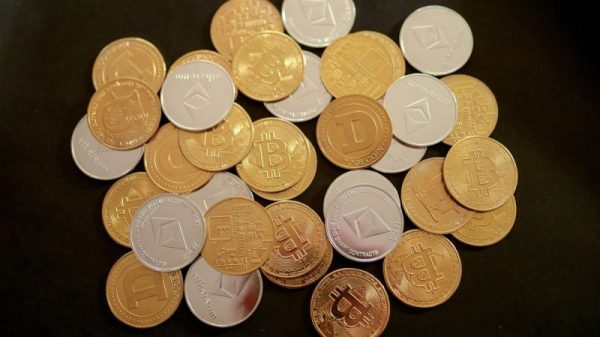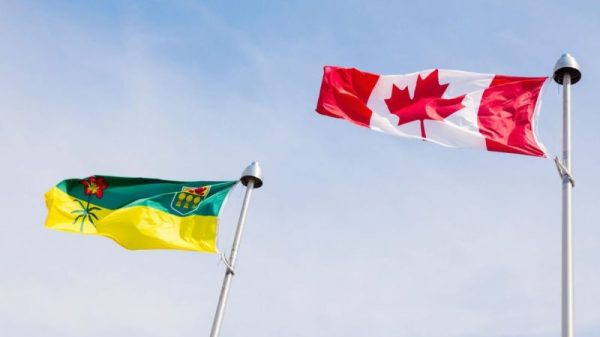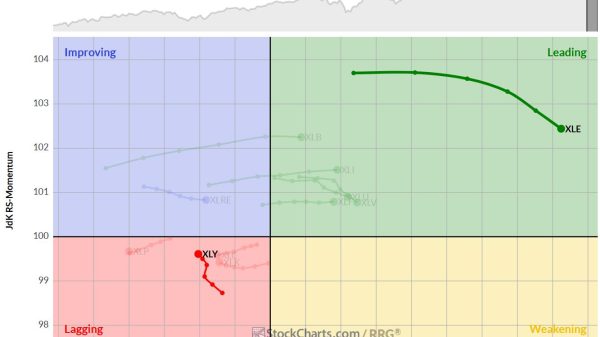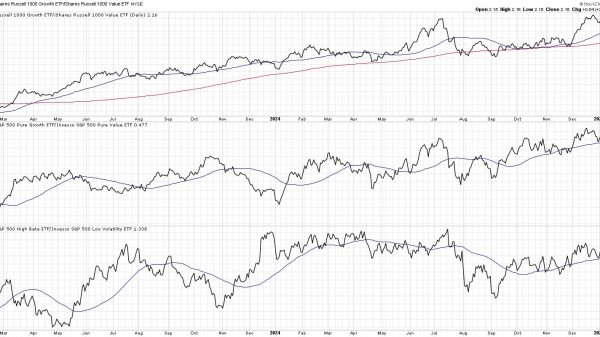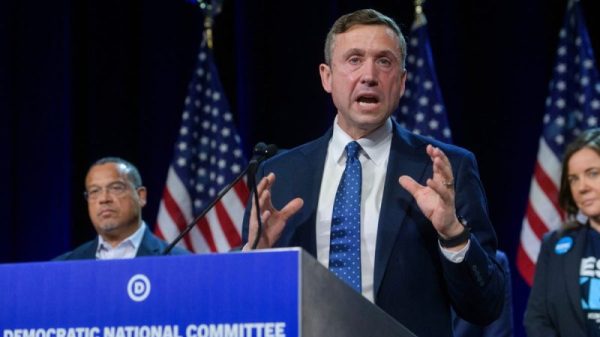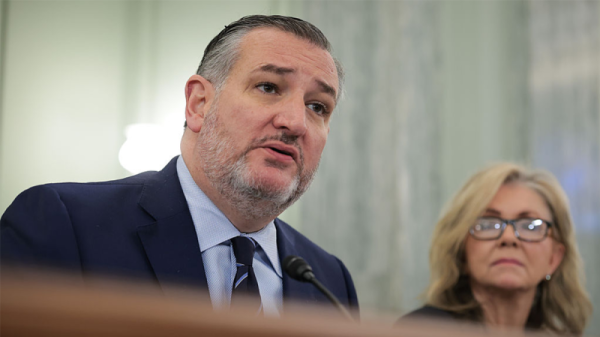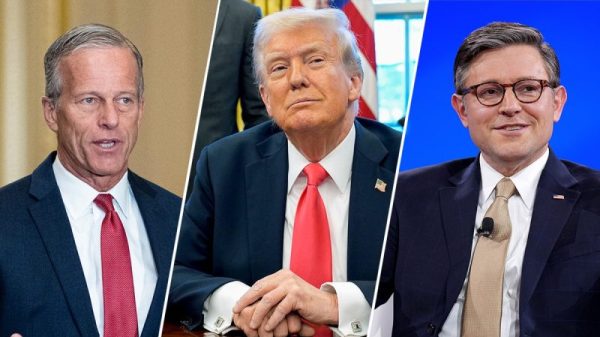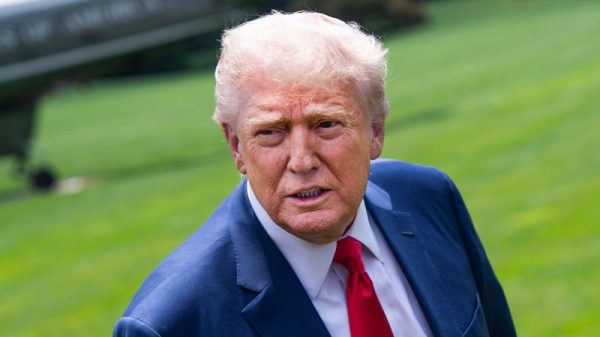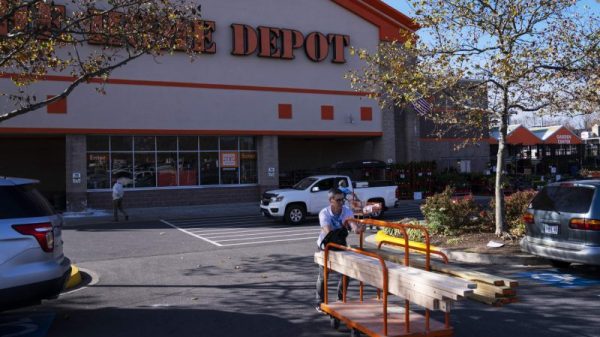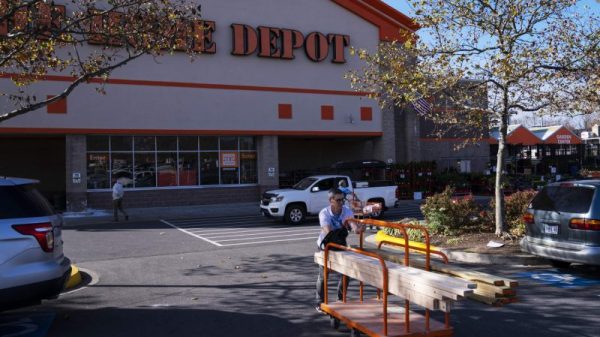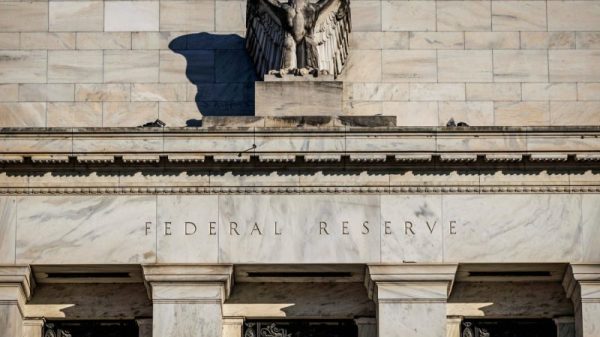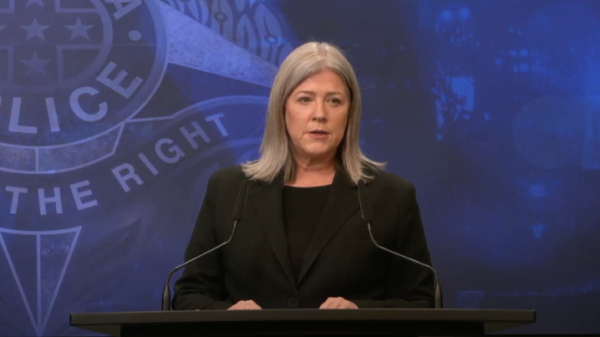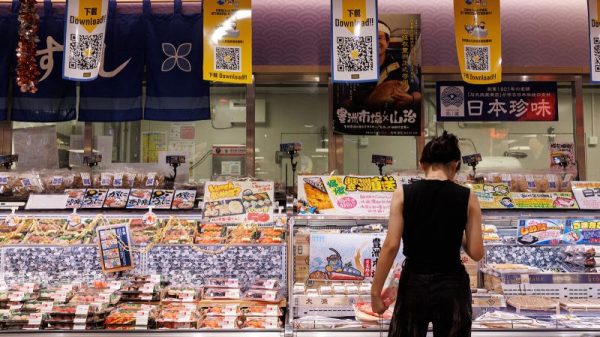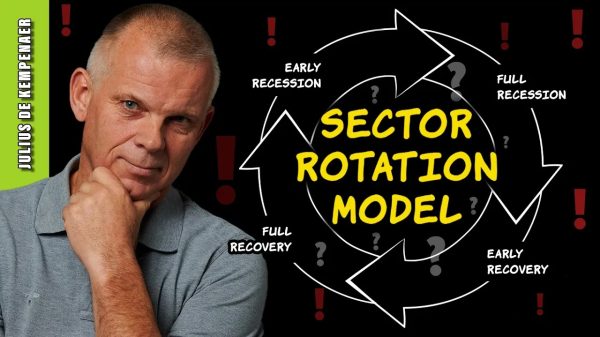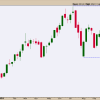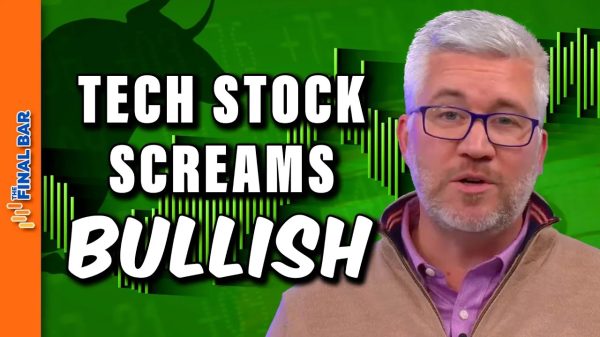To say that Cuba is not a “food country” is quite an understatement, now that food shortages are seemingly commonplace. Tasty food is one thing, but many people in Cuba might not have any food to begin with.
Most people in Cuba are skipping meals — out of necessity, not for dietary or nutritional reasons — and live in “extreme poverty.” Rather than starve, or face increasing rates of violence and electrical blackouts, an on-the ground reporting indicates that 20 percent of the population left the country between 2022 and 2023.
These outcomes — especially shortages — are intimately linked with socialist governments, related economic policies, and, in particular, price controls. In July, Cuban authorities imposed a new round of price controls on powdered milk, chicken, and pasta, among other goods. Vendors in Cuba are now not allowed to sell chicken parts above a price of 680 pesos, whereas market prices are typically around 700 pesos.
Food availability follows changes in supply and demand, so there might be less food following, say, a drought or flood. But markets mitigate these shocks through prices: as food becomes (relatively) scarce, prices rise, and prices fall when food becomes relatively abundant. Price controls prevent the market process and prices from operating — they hurl wrenches into the gears of commerce — and make matters worse.
Price controls are huge red flags. These are not red flags celebrating socialism. These are he-doesn’t-like-your-best-friend red flags. These are he-gaslights-you-all-the-time red flags. These are she-always-picks-your-outfits red flags. If any of these red flags are observable when we date, most of us would walk away. Unfortunately, we don’t often walk out on price controls. We let them wreck our lives.
Price control’s reddest flags relate to the nature of exchange, morality, and freedom. When consenting adults realize a mutually beneficial trade is possible, who are we to stop them? Blocking such exchanges keeps both trading partners from improving their lives and, as such, should be considered an injustice.
Government officials are clearly willing to infringe upon people’s freedoms, so that might not be a damning (enough) argument. Can we say more about price controls? Hold my beer, the economist says.
Aside from raising our moral hackles, price controls have demonstrable effects on wellbeing: price controls increase poverty and hunger. Contrary to the utopian dreams of policymakers, price controls distort market activity in perverse ways. They are meant to lower prices on goods and make it easier for people to acquire them; and they might help some people and score political points — both are temporary — but they cause shortages instead.
Price controls create shortages and, in the case of food, make it more likely people will go hungry. Such policies sow the seeds of discoordination, not sustenance. Rather than roast chickens flying into the mouths of comrades, price controls empty cabinets and drain food stores (this is a reference to Mises’s Economic Calculation in the Socialist Commonwealth, medieval myths about the land of Cockaigne, and The Birds, a play by the Greek playwright Aristophanes).
Legally binding price controls — in this case price ceilings — make it illegal to voluntarily exchange food above the capped price. While enforcement varies — and there is likely a growing black market in Cuba to avoid the watchful eye of nosy government officials — many vendors are fined for offering their goods. Over 4,000 fines were issued for those who broke the July price controls.
When capped prices are below market prevailing prices, shortages follow. Consumers are encouraged to buy more goods at lower prices; as a result, there might be fewer goods available. If they can’t charge market prices, producers are discouraged from bringing their goods to market, or they provide lower quality goods; as a result, there might be fewer goods available. None of these behaviors put (good) food in bellies for very long.
Unfortunately, none of this is new for people living in Cuba, as they’ve lived with price controls on food and other goods like taxi rides, beverages, and haircuts for over a decade. Food rations, once a relic of the Cold War, are also making a comeback.
In Flaws and Ceilings, Christopher and Rachel Coyne note that price controls have disastrous effects on markets. This logic is a cornerstone of economic science, whether people live in Cuba, China, California, or Canada. It is a logic that remains valid regardless of a country’s economic system. To summarize, Coyne and Coyne state that,
What is clear is that price controls set in motion a series of unintended consequences as producers and consumers respond to the new incentives created by the introduction of controls. More often than not, these unintended consequences exacerbate the very problem that proponents of controls claim to correct.
The injustices associated with price controls and the resulting food shortages, in this case, are red flags we are now seeing play out, once again, in Cuba.
Throw in taxes and tariffs on food in Cuba, and it shouldn’t be surprising that food markets are increasingly becoming distorted, shortages are frequent, and people remain impoverished. Perhaps we should leave food markets alone and let consumers and producers coordinate their wants and desires through voluntary exchange.

